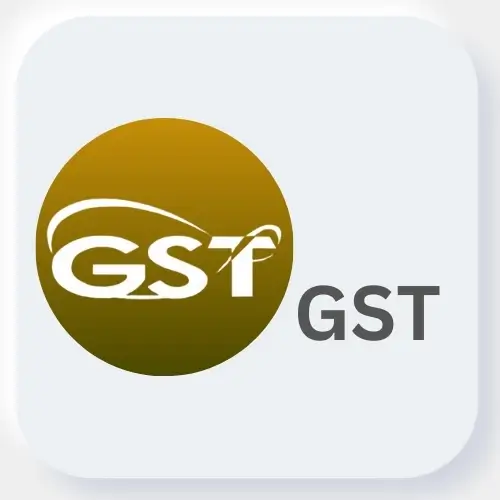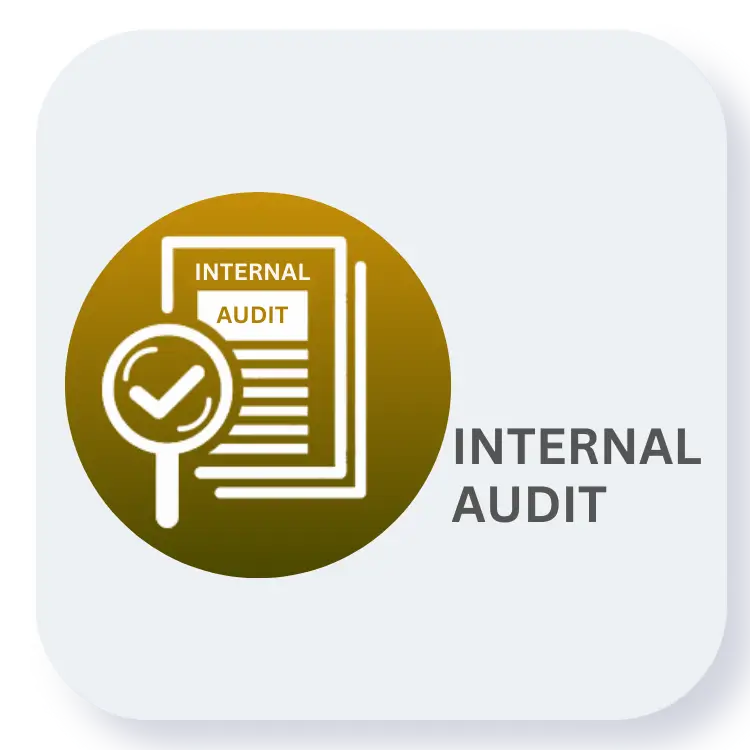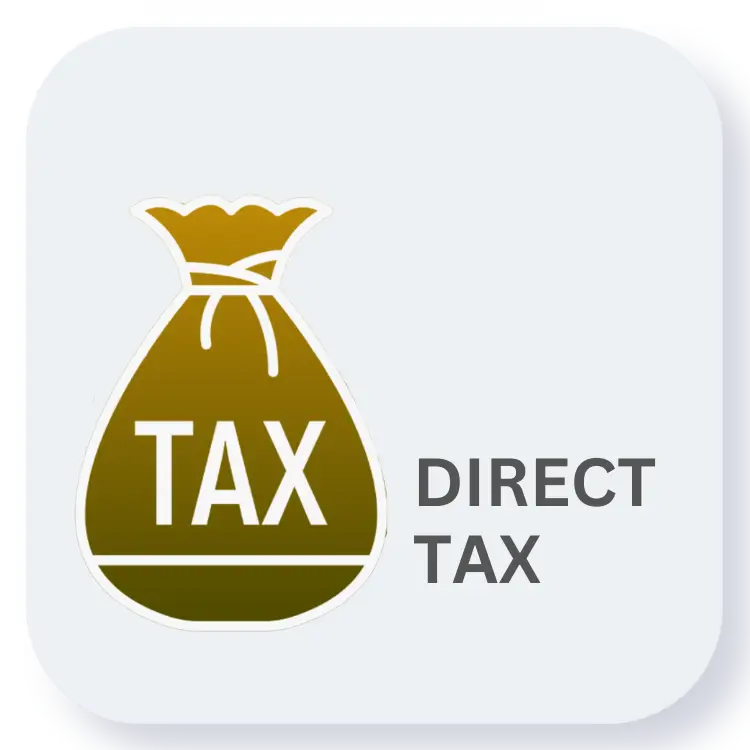Introduction
If you're a CA student, a fresher, or someone trying to pivot within the finance field, chances are
you’ve typed “indirect taxation salary in India” into Google more times than you care to admit.
And you’re not alone.
I still remember the nervous chai breaks during my CA Final prep, listening to seniors talk about GST
like it was some cryptic beast-and wondering if choosing indirect tax over direct or audit was a gamble.
Because here’s the thing: indirect taxation is fast-paced, evolving, and very, very real. Unlike direct
tax, where you’re reading law books all day, indirect tax has you dealing with real-time compliance,
departmental queries, and policy shifts that impact companies on the ground.
And let’s be real, while you're choosing a career path, one of the first things you’re curious about is
the money. Because while passion matters, so does knowing what your hard work is worth. What can you
actually expect to earn in indirect taxation, and what’s the story behind those numbers?
So, What Kind of Salary Are We Talking About?
Let’s start with freshers. If you're a newly qualified CA joining the indirect tax team of a consulting
firm, expect a starting indirect
taxation salary in India of around ₹6 to ₹9 LPA. The Big 4s (EY, PwC,
Deloitte, KPMG) generally offer ₹8–10 LPA for GST roles. Mid-size firms may start a bit lower, around
₹5.5–7.5 LPA.
Here’s a practical breakdown:
- CA Fresher with GST Articleship: ₹6–9 LPA
- 1–3 years experience: ₹9–14 LPA
- 4–7 years (Manager/SM roles): ₹15–25 LPA
- 8+ years (Senior Manager, Director, or Indirect Tax Head roles): ₹30 LPA onwards;
Partners and senior consultants often earn well above ₹75L–₹1 Cr, especially if they’re litigation
experts or in advisory.
Why Does the Indirect Taxation Salary in India Vary So Much?
Simple: Not all GST roles are the same.
Your salary in indirect taxation depends on:
- Advisory vs Compliance vs Litigation
- Industry (in-house roles) vs Consulting firms
- Metro vs Tier 2 city placements
- Scope of clients handled – local, national, or multi-state businesses
- Type of exposure – only GST returns vs GST audit, departmental handling, policy
advisory
Also, the value of your profile increases massively if you’ve handled GST notices, appeals, and
departmental assessments firsthand.
Which Companies Pay Well in Indirect Taxation?
The list starts with the usual suspects – Deloitte, KPMG, EY, PwC – they hire regularly
for indirect tax advisory, GST audits, and litigation support. But there’s serious demand from others
too:
- Consulting & Audit Firms: BDO, Grant Thornton, Nangia Andersen, Lakshmikumaran &
Sridharan
- In-house Tax Teams: Hindustan Unilever, Amazon, Reliance, Vedanta, Tata Motors
- Law Firms: Specializing in tax litigation and GST advisory
Interestingly, industry roles in indirect taxation (like working in a manufacturing or
FMCG company’s tax team) tend to pay more post 3–4 years experience, thanks to broader responsibilities
and lesser burn-out compared to consulting.
Is Indirect Tax Better Than Direct Tax or Audit for Salary?
Let’s clear the air.
- Initial years: Salaries for GST and direct tax roles are comparable.
- Mid-level (3–6 years): Once you’ve got a few years under your belt—especially if
you've worked with multi-state clients or handled tricky litigation and advisory work—you’ll start
noticing the jump. Why? Because not everyone sticks around in GST long enough to get good at it.
That demand-supply gap works in your favour.
- Long run: If you carve out a niche for yourself—say, in GST litigation,
industry-specific structuring, or decoding policy updates—you’re no longer “just another tax
professional.” Your expertise becomes rare and valuable, and your earning potential climbs real
fast.
Unlike audit, where growth can plateau, indirect tax constantly evolves. New GST circulars, department
SOPs, or faceless assessments—there’s always something new to crack.
Some Questions You Probably Have
Q. Who earns more – indirect tax professionals or audit experts?
In the first 2–3 years, the difference is marginal. But post that, indirect taxation salaries in
India often surpass audit, especially in advisory-heavy roles or litigation practices.
Q. What skills actually help you grow in indirect tax roles?
Three key ones:
- In-depth knowledge of GST laws and interpretations
- Communication skills – handling clients and departmental officers
- Confidence in handling GST audits, SCNs, and appeals
Q. Is indirect taxation right for someone who doesn’t want to sit with
balance sheets all day?
Absolutely. GST is about application of law, understanding business models, and explaining tax
impact—not just tallying accounts. If you enjoy logic over ledgers, it’s a great fit.
Q. Can BCom
or MBA students make it in indirect taxation?
Yes. Especially with GST being taught widely now, even non-CA commerce graduates with strong GST
exposure can break into this space. But yes, CAs are preferred for advisory and litigation-heavy
profiles, especially by Big 4s and law firms.
Final Thoughts: Is the Indirect Taxation Salary in India Worth It?
If you’re someone who likes to stay updated, thrives on solving problems, and wants a dynamic tax role
that mixes law with logic—indirect taxation can pay off really well.
It won’t give you the glitz of investment banking. But what it does give you is:
- Early client exposure
- Fast-tracked growth if you specialize
- High demand across industries
- Real-world impact (GST
touches every business, after all)
And eventually, if you're good, companies, clients, and even departments will seek your opinion—because
in GST, clarity is power.
So if you’re willing to build your niche, take up tough assignments, and keep learning—the indirect
taxation salary in India isn’t just decent, it can be a solid long-term jackpot.

.webp)


















































